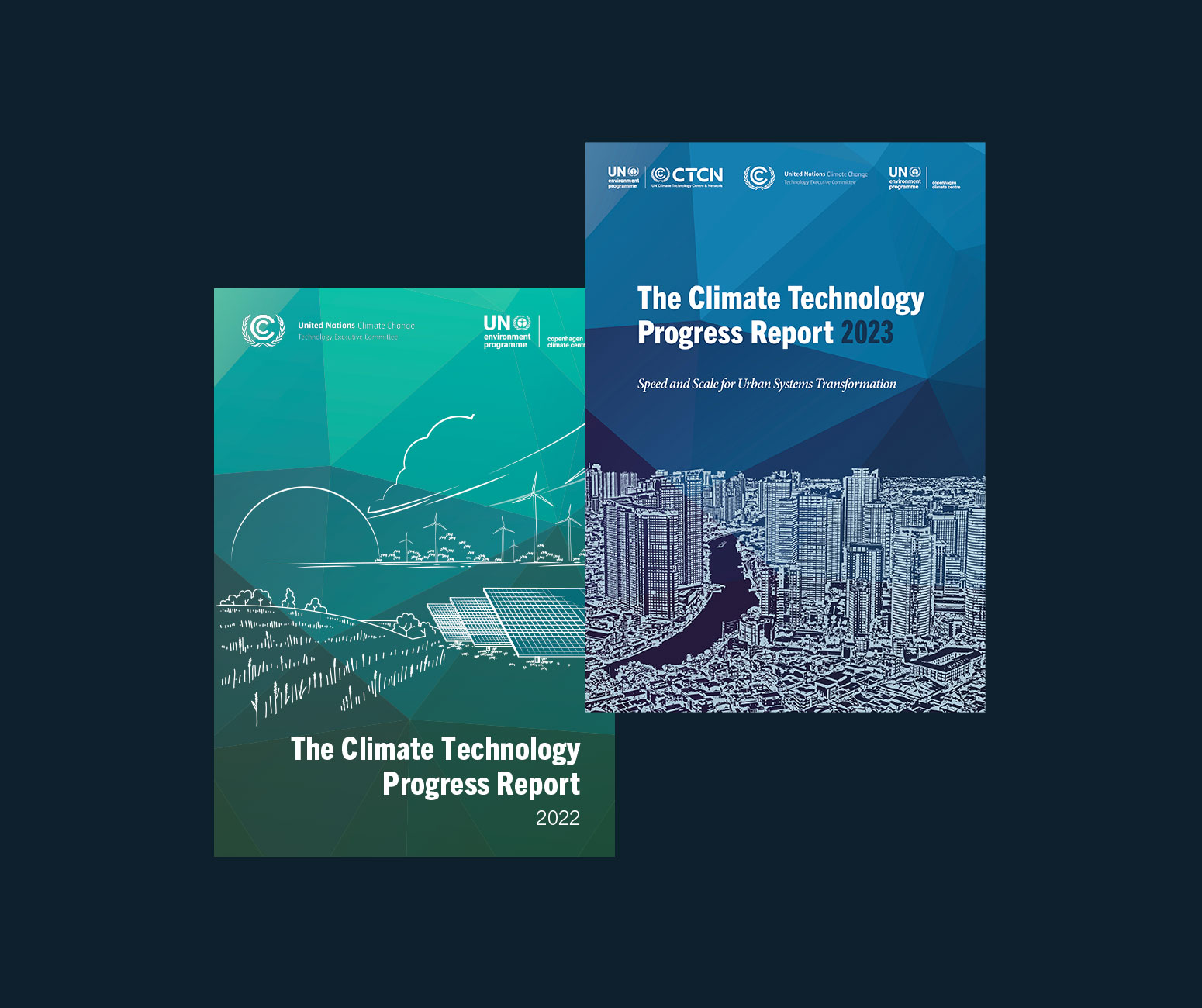This webinar will shed light on how governance and policies can lead to an improved mainstreaming of climate initiatives in overall city strategies. Moreover, it will provide valuable insights into applied cases of integrating e.g., nature-based solutions in urban planning, as well as how to manage land and infrastructure required for technology adoption.
As the current pace and scale of global action is insufficient to tackle climate change there is an urgent need to accelerate our actions. To strengthen the global response to the threat of climate change, governments need to support system transformations that mainstream climate resilience and low greenhouse-gas emission development. There is a need to ensure not only a rapid scaling up of the implementation and use of climate technologies, but that these technologies, also have significant co-benefits for our systems as a whole and are informed by the local context.
Against this background, UNEP Copenhagen Climate Centre launched the 2023 Climate Technology Progress Report during COP 28, focussing on urban systems transition in cities.
The 2023 edition of the “Climate Technology Progress Report” looked at climate technologies for the urban and infrastructure system, zooming in on case studies from Asia, where strong synergies exist for mitigation, adaptation, and high co-benefits for socio-economic development. At the same time, many urban areas in the region are highly vulnerable to extreme weather and climate change impacts.
This webinar will delve into the aspects of urban systems transition on how policies and governance approaches contribute to enabling environments in enhancing the effectiveness of climate technology transfer. Successful technology-inclusive initiatives at most times involve a range of policies and instruments at the national and sub-national levels, which together with incentives spur replicability across cities.
Both climate and development challenges can be addressed simultaneously, to maximize synergies and minimize trade-offs. However, implementing integrated policies and approaches is challenging in practice.
